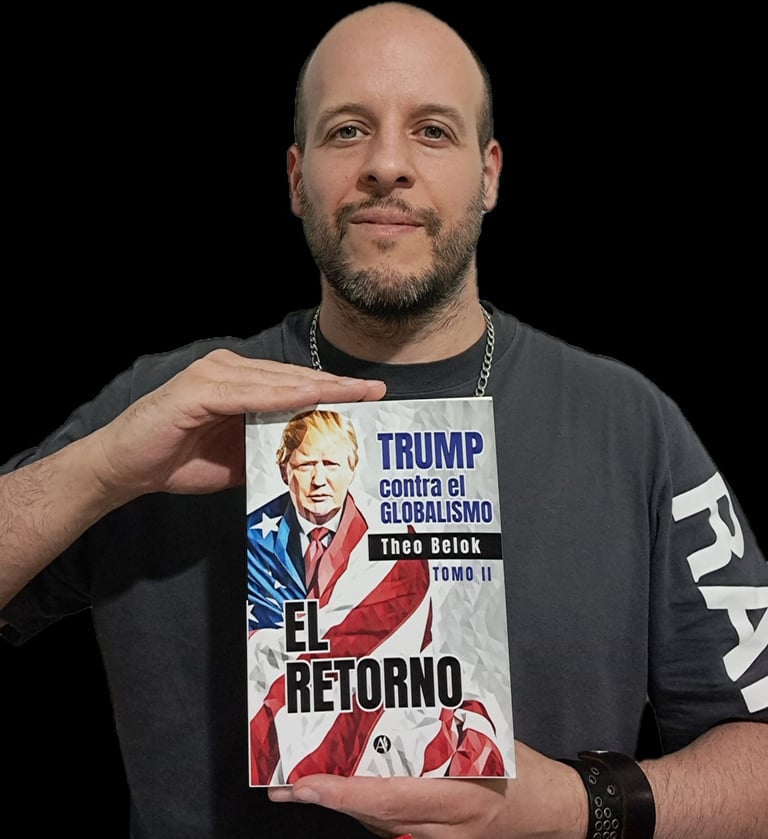TRUMP AGAINST GLOBALISM
Dear readers, I am sharing the synopsis of the first part—Volume 1—of this in-depth investigation. In this work, I expose the true face of President Donald Trump. This exposes the numerous fake news stories the press articulated against him. As I advance in my investigation of fake news, I conduct a study on the importance of language and the rhetorical battle between the global elite and the emerging new right. In a way, I adopt the role of devil's advocate, putting into perspective the narratives and accusations leveled against him, as well as the arguments in favor of the man who became the most controversial and contentious president of the 21st century.
The origins, behind-the-scenes narratives, and projections of this complex phenomenon that has gripped the entire world are revealed. With great caution, I provide a sociological snapshot of the power plays that brought it closer to or further from its proclaimed battle against globalism, as well as its challenging agenda of populist nationalism.
Finally, I point out and expose the hegemonic global power structures, a genealogy of globalism, as well as the different strands of progressivism, circumscribed by the antagonism between the globalist agenda and the dizzying patriotic model proposed by Trump. I attempt to unravel, ultimately, whether Trump's emergence was genuine and real in his declared crusade against the globalist establishment rooted in the most powerful country on earth.
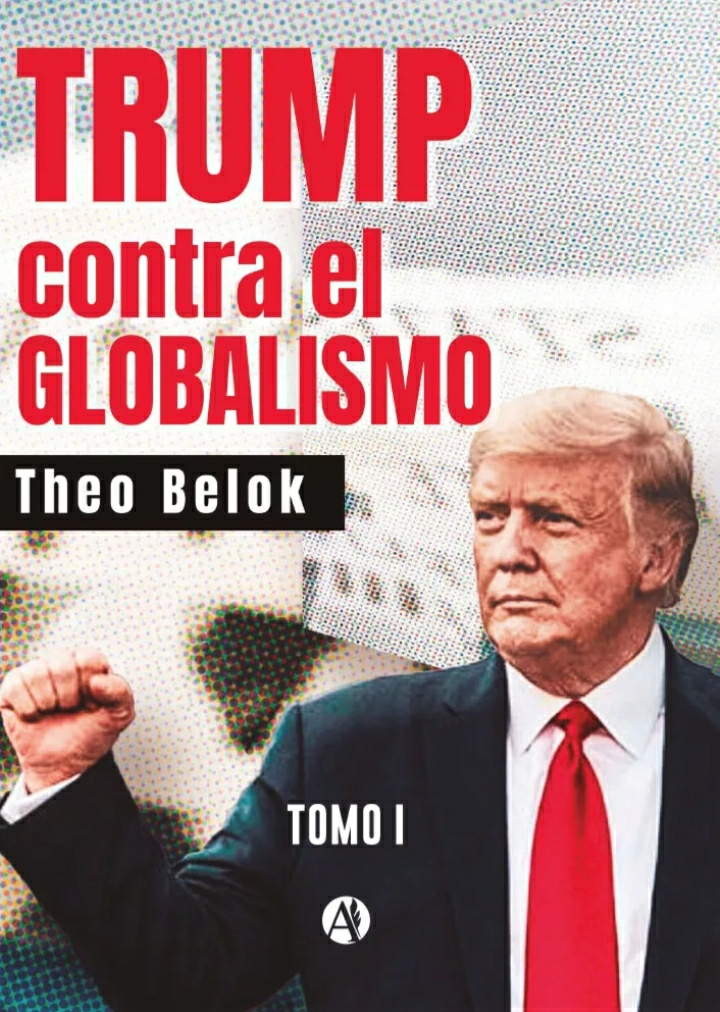

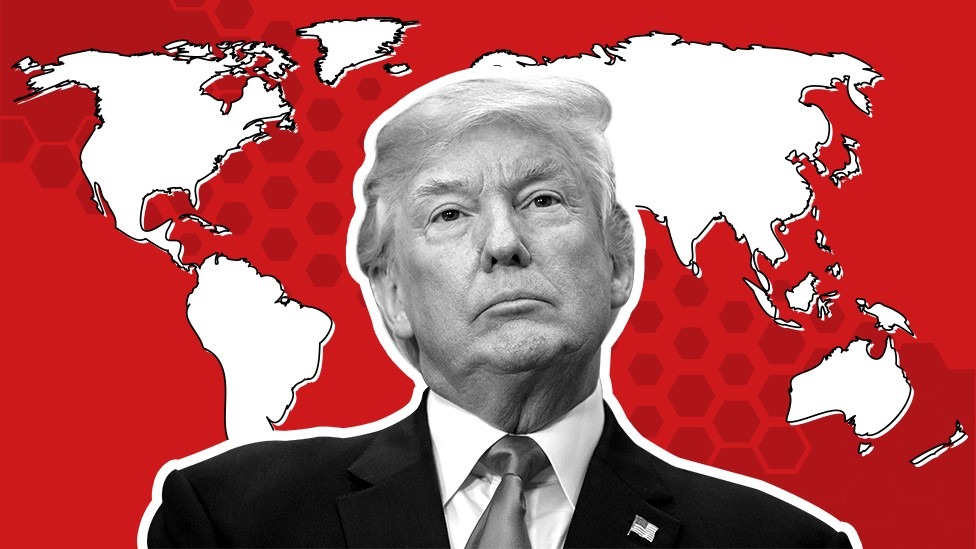

CHAPTER 1 - The Real Donald J. Trump
1.1 In the 2016 elections
1.2 A controversial man
1.3 Is Trump a sexist misogynist?
1.4 Is Trump a racist?
1.5 Is Trump an antisemite?
1.6 Is Trump an outsider?
1.7 Is Trump an instrument of the global elite?
1.8 Psychological profile
CHAPTER 2 - Globalization and the invisible enemy
2.1 Globalization in the collective imagination
2.2 Globalization in reality
2.3 Essential concepts: Globalization, Globalism, Globalization and Technification 2.3.1
Technification
2.3.2 Macro ideology: Globalism
2.4 Globalism and Marxism
2.4.1 Globalization
2.5 Historical origins of globalism
2.5.1 FED-CFR-RIIA
2.6 World State tyranny, in progress
2.7 Globalization and false right
2.8 Totalitarian domination through dialectical oppositions
2.9 Surface antagonism: Left vs. Right
2.10 Deep antagonism: Nationalism vs. Globalism
2.11 Redefining the right, from 2016 to the present
2.12 Globalist micro-ideologies
2.13 The deadly alliance of the globalist elite with the CCP
Academic Abstract (English Version)
This study analyzes the political positioning of Donald J. Trump in relation to the phenomenon of globalism, based on a central hypothesis: to determine whether he represents a genuine opposition to the dominant global order or functions as a figure serving its interests. Through a qualitative, interpretative, and critical methodology, the research addresses the conceptual construction of globalism, the examination of global power structures, and the historical and strategic relationship between those structures and the political actor under analysis.
Employing structural, genealogical, and discursive analysis, the study explores the possibility that Trump operated as a form of controlled opposition, as well as the degree of coherence between his rhetorical promises and the policies he ultimately implemented. The work also includes a psycho-political profile of the figure, based on his personal history, public statements, and past behavior, aiming to identify consistent behavioral patterns.
The investigation is not aligned with traditional ideological frameworks such as Marxism, postmodernism, or critical theory, although it does utilize analytical tools that overlap with those schools in their focus on power dynamics, political narratives, and mechanisms of legitimacy. The methodological approach was developed independently, from an alternative and autonomous worldview, granting the study a unique character in both its formulation and conclusions.
STUDY METHODOLOGY
This research was constructed from a qualitative, interpretive, and critical approach, aimed at analyzing Donald J. Trump's political and ideological positioning in relation to the phenomenon of globalism. Although the research process was largely intuitive, the approach followed is based on methodological frameworks widely recognized in the social sciences.
First, the research was structured around a central hypothesis: to determine whether the political actor analyzed embodies a truly anti-globalist stance or, on the contrary, whether his narrative reflects a covert form of continuity with the interests of the dominant global order. This starting point frames the work within the hypothetico-deductive method, establishing a guiding question that is contrasted with various empirical and conceptual sources.
At the epistemological level, the approach adopted is aligned with a hermeneutic and constructivist perspective, as it proceeded to a conceptual elaboration of the term "globalism," not from canonical definitions, but rather from its social, media, and political construction. This involved an analysis of contemporary common sense, as well as a theoretical elaboration of the concept, its implications, and its actors.
The analytical core focused on the study of global power structures, genealogies of political and economic influence, and their connection to the rise and administration of Donald Trump. This dimension of the work was inspired by Foucauldian genealogy, which allows us to trace the origin and evolution of certain configurations of power, and also by structural analysis, which examines the relationships between actors and institutions beyond individual intentions.
Likewise, a critical perspective was integrated, particularly when addressing the concept of controlled dissent, as a tool to investigate whether Trump represented a genuine break with the system or whether his figure served a renewed form of hegemony. This approach aligns with the frameworks of critical theory and neo-Gramscian currents, which analyze how power is reconfigured and co-opts forms of opposition.
In parallel, a political psychoprofile of the figure in question was developed, articulating biographical, discursive, and behavioral elements to understand the motivations and behavioral patterns that underpin his political actions. This qualitative approach is based on techniques from discourse analysis and biographical-interpretative analysis.
Finally, a systematic comparison was carried out between campaign promises, expressed ideological positions, and implemented policies to assess the degree of coherence or disparity between discourse and action. This stage involved triangulating sources—speeches, official data, and historical analyses—which strengthens the validity of the analysis.
Overall, the methodology adopted does not reflect a single school or current, but rather represents a hybrid methodological strategy that combines tools from political analysis, the sociology of power, political philosophy, and critical theory, with the aim of offering a thorough and rigorous interpretation of a highly complex contemporary political phenomenon.
It should be noted that the methodological approach presented here was developed independently, without prior adherence to any particular ideological school. The use of analytical tools that may coincide with authors such as Foucault or Gramsci does not necessarily imply an intellectual affiliation with their worldviews, but rather a functional coincidence in certain ways of approaching the analysis of power.
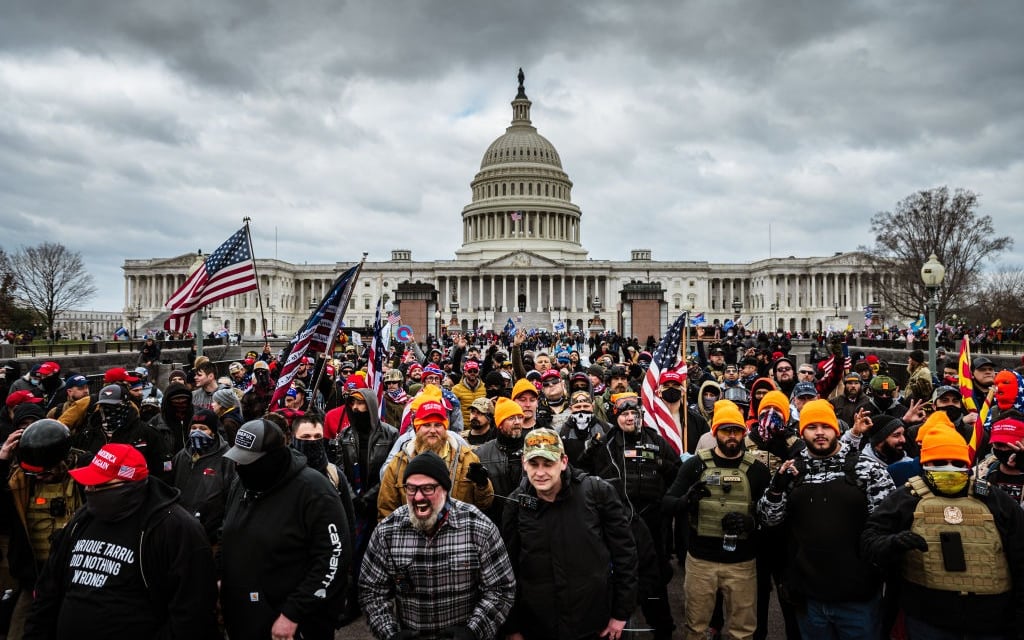

Where to purchase VOL 1
Available on MERCADO LIBRE (for Argentina)
Available on Amazon (rest of the world)
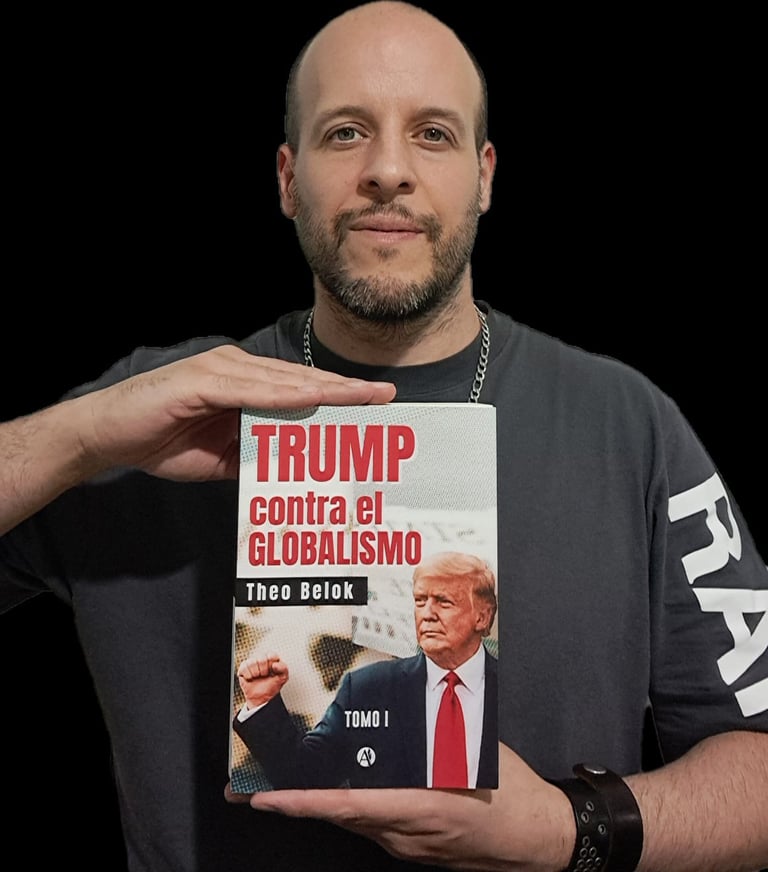

I don't rely on any help other than word of mouth.
Recommend these books to a friend or influential person who might be interested.
Share this investigation, the largest ever conducted on Donald Trump.
"The future belongs to the patriots."

Explanatory videos
Presentaciones


In August 2024, Theo Belok presents the book and is interviewed by prestigious analyst and best-selling author Colonel Pedro Baños in front of 70,000 people.
Interviewed by Erick Kamerath of the PoliticAlt channel
You should know that there is a Vol. II
Don't miss the second part!
Both books are read independently.
